The General Data Protection Regulation (GDPR) is a European Union regulation which is enforceable from 25 May 2018. The easiest way to describe GDPR is that it regulates information privacy. Under the GDPR, individuals have more control over how their personal information is handled. At the same time, it simplifies the regulations for businesses. Experts refer to the GDPR as the toughest laws governing online privacy.
What are the New Rules?
From a business perspective, the most important rule is that businesses who fail to comply with the GDPR can be fined 4 percent of their global revenue. One may think that like most other laws on online privacy, this, too, would be toothless. However, it is not the case as evident from Meta’s record fine. The company is fined $1.3 billion for failing to comply with the GDPR. This is not an isolated incident. Amazon was fined $887 million for failure to adhere to GDPR.
Of course, this is not the only change. From the individual perspective, you can request companies to share what data they have on you and request to delete it. If you perceive that the data was misused in any way, the GDPR allows you to raise the issue with your country’s data protection regulatory body. In short, the GDPR ensures individual privacy is no longer taken for granted.
How to Handle User Data?
Article 5 of the GDPR states how businesses can handle user data. Article 5 is shown below.
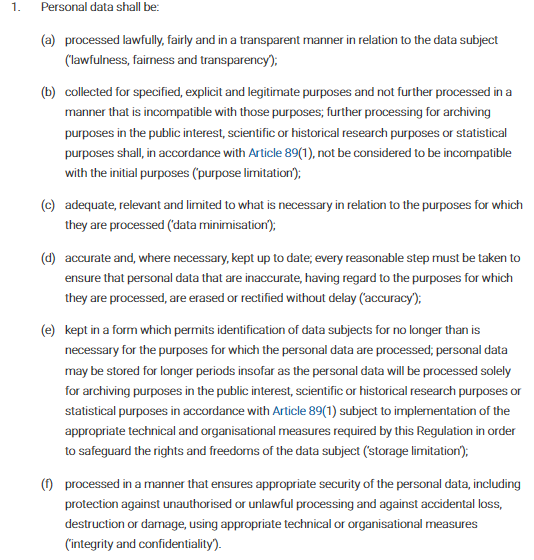
Based on the above information, we can conclude that there 7 principles of data protection:
- Lawfulness, fairness, and transparency
- Purpose limitation
- Data minimisation
- Accuracy
- Storage limitations
- Integrity and confidentiality
- Accountability
Who Does the GDPR Impact?
The GDPR is an EU regulation. Therefore, you may think that it applies to businesses in the EU. However, it is not the case. It applies to all businesses that handle EU citizens data. Therefore, regardless of whether a business is based in the EU or outside, it must comply with the GDPR. Therefore, if your Magento 2 store is based in Asia but you hold information on EU customers, compliance with GDPR is a must.
How To Comply Magento 2 Store with GDPR?
If your store isn't compliant, you risk getting a huge fine. However, it can be challenging to ensure compliance. After all, you are not an expert in privacy laws. Therefore, the best option is to look for GDPR Magento 2 extensions. We have already helped many Magento 2 stores to comply with GDPR. Try our Magento 2 GDPR extension to comply your online stores with the latest General Data Protection Regulations. Some of the key features are:
- Create and Communicate a Cookie Policy
- Permit Users to Delete Profile Accounts
- Allow Customers to Delete all Orders
- Customers can Request Data from your Website
- Manage User Requests
- Let the Users Unsubscribe the Newsletter
- Add Checkboxes for Terms & Conditions, Privacy Policy
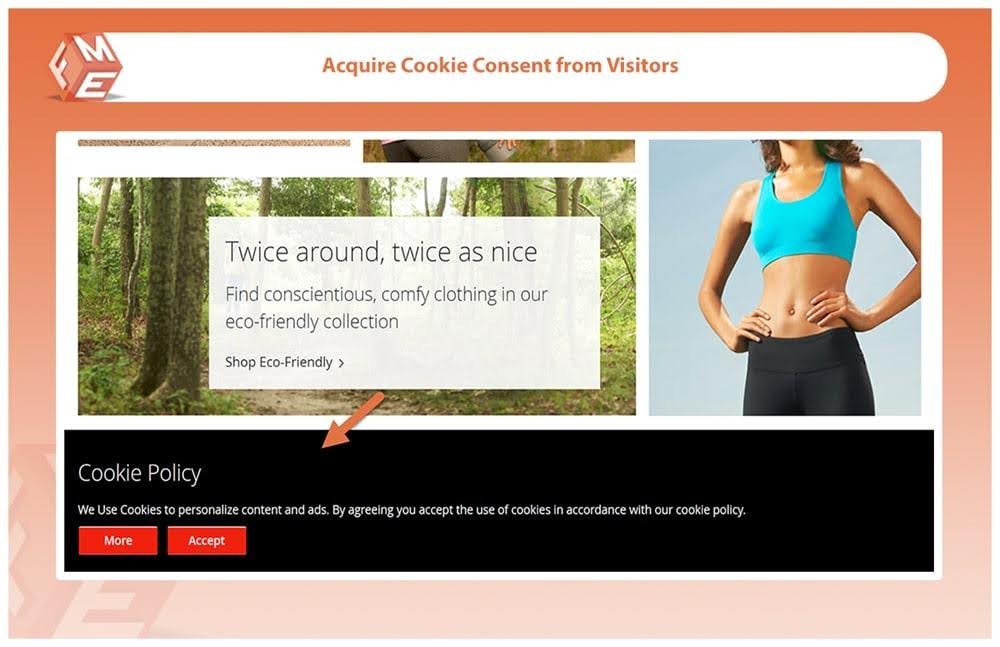
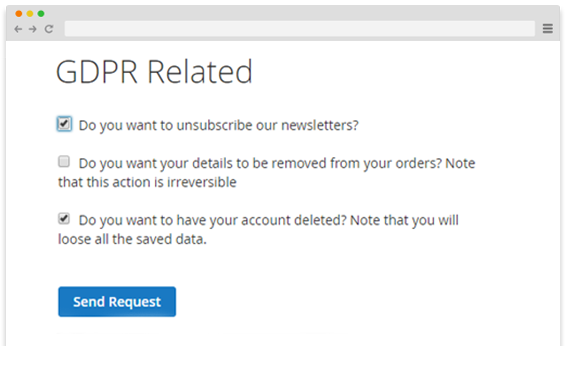
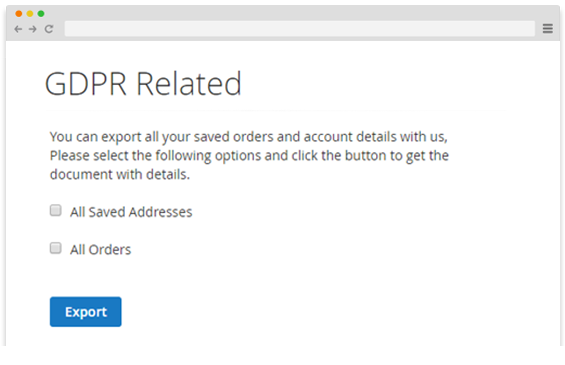
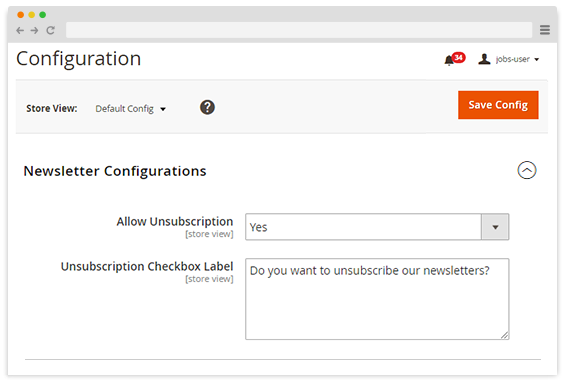
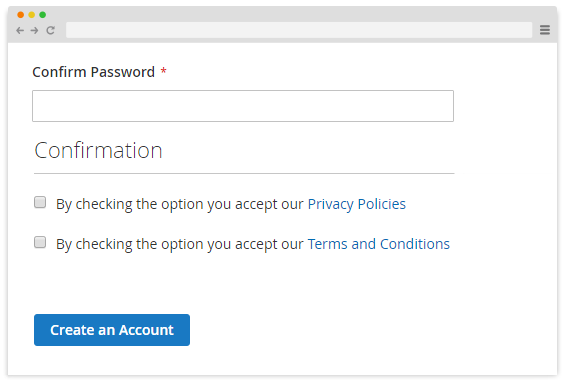
You can book a live demo for our Magento 2 GDPR extension. Our experts will guide you in detail about its various features and answer any queries you may have.
Conclusion
This concludes our article on Magento 2 and GDPR. If you have any questions regarding this extension or anything Magento-related, feel free to contact our support team here.
This blog was created with FME's SEO-friendly blog


